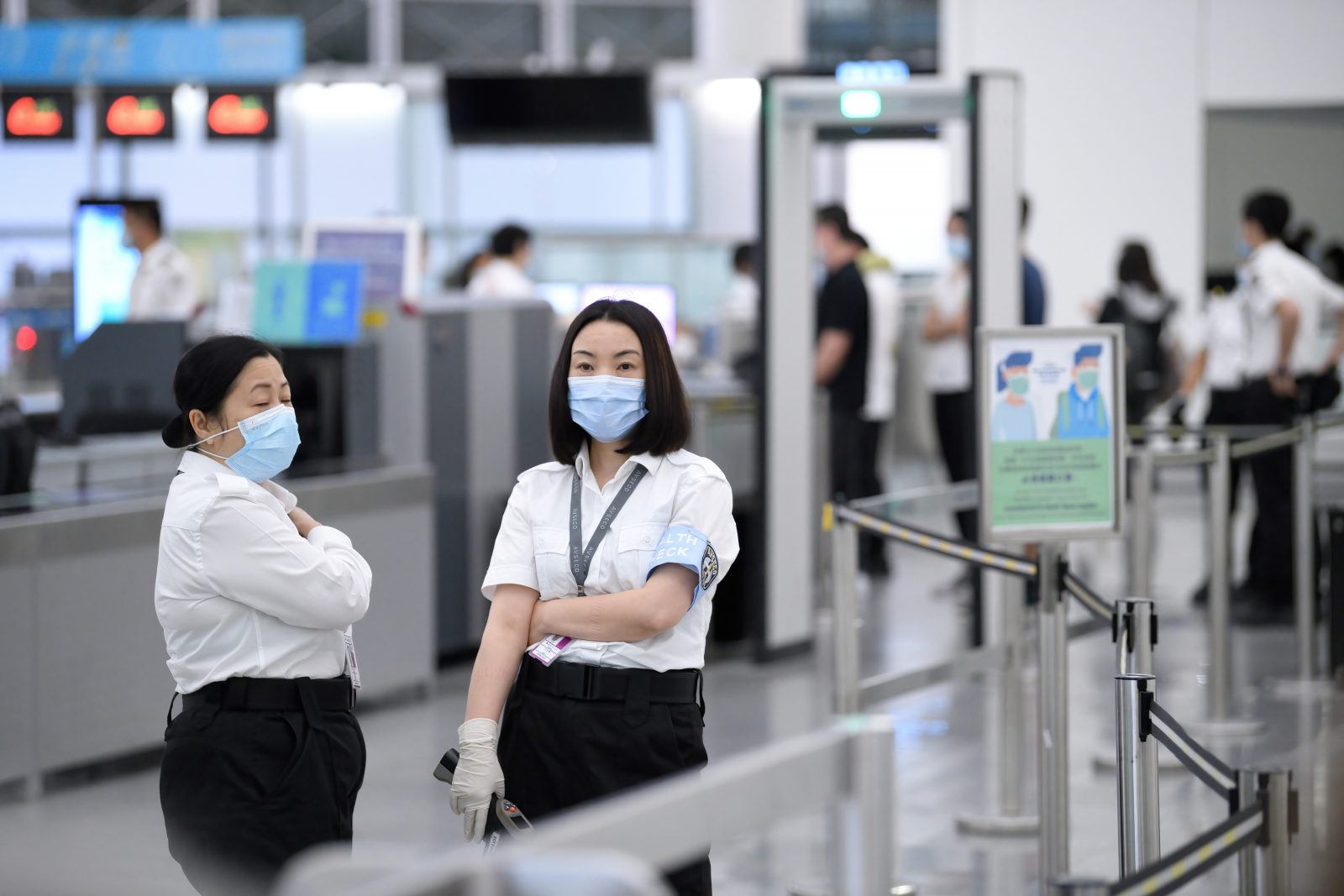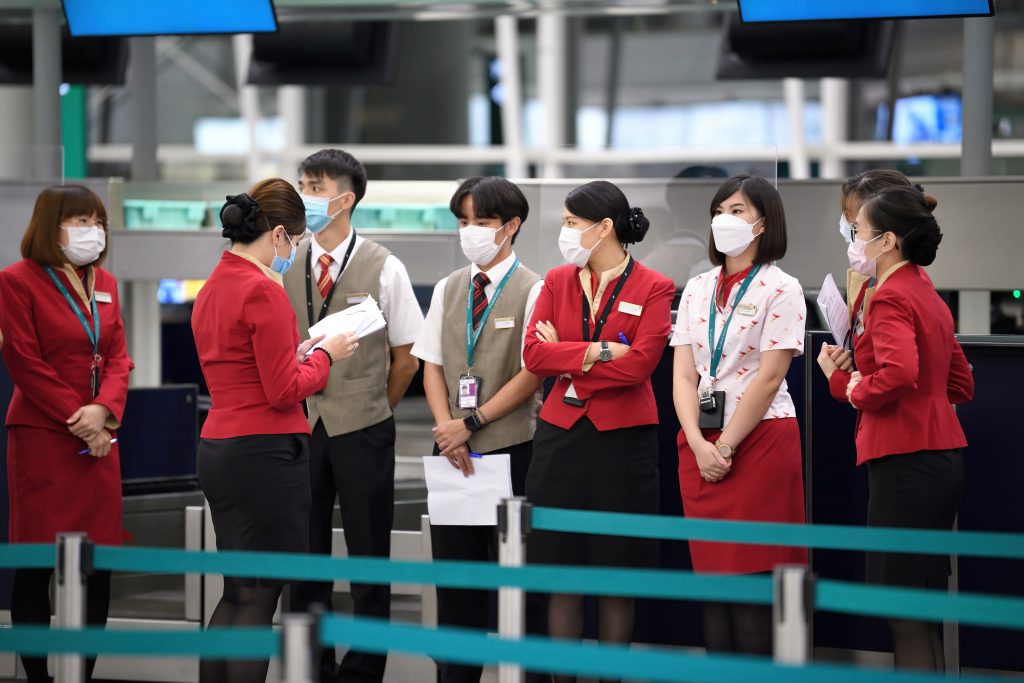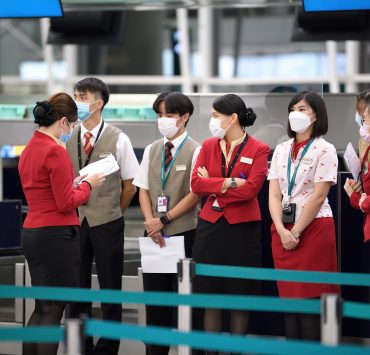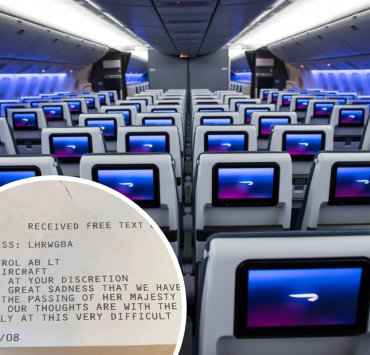
More than two and a half years after the start of the pandemic, Hong Kong International Airport will no longer subject most passengers to temperature screening as of Saturday, 10th September.
The decision to stop the practice was seemingly made in response to an urgent bulletin issued by the U.S. State Department which warned its citizens to avoid transiting through Hong Kong over fears that anyone with an elevated temperature could be whisked into quarantine.

Hong Kong quickly introduced temperature screening for all passengers who were either arriving, departing or transiting through the airport in early 2020 after the scale of a mystery pneumonia outbreak in Wuhan on the Chinese mainland started to become clear.
The arrangements were part of a carefully orchestrated plan designed to combat exactly this kind of situation and Hong Kong’s response to viral threats had been honed to perfection ever since the SARS outbreak between 2002 and 2004.
The problem, however, was that many health experts quickly derided mass temperature screening as an unreliable method to detect someone infected with COVID-19 and some have even labelled the practice as ‘virus theatre’.
Undeterred, Hong Kong kept temperature screening in place until the U.S. Consulate General in Hong Kong and Macau apparently issued a now-deleted bulletin. The alert urged U.S. citizens to avoid transiting through Hong Kong because of “several incidents” in which passengers had been denied boarding because of an elevated temperature and sent to government-controlled quarantine facilities.
The timing of the bulletin couldn’t have been worse – the Hong Kong government is rolling back some pandemic travel restrictions with the aim of reclaiming the territory’s status as an international aviation hub, and growing the numbers of transit passengers will play a vital role in achieving this ambition.
Hong Kong’s government has not addressed the bulletin directly, but within 24 hours, officials announced that temperature screening would be removed for nearly all passengers departing or transiting through Hong Kong International Airport.
Temperature screening will, though, remain in force for passengers ending their journey in Hong Kong or departing for the Chinese mainland and Macau.
On Friday, authorities also rolled back quarantine rules for aircrew as part of efforts to rebuild passenger numbers at the airport. Cathay Pacific said it would slowly boost capacity in the coming months in response to the decision.
In July, the airline carried just 219,746 passengers – just 6.7 per cent of passenger numbers in the same month in 2019.
Mateusz Maszczynski honed his skills as an international flight attendant at the most prominent airline in the Middle East and has been flying throughout the COVID-19 pandemic for a well-known European airline. Matt is passionate about the aviation industry and has become an expert in passenger experience and human-centric stories. Always keeping an ear close to the ground, Matt's industry insights, analysis and news coverage is frequently relied upon by some of the biggest names in journalism.










Hong Kong is dead. It’s never coming back.
“…officials announced that temperature screening would be removed for nearly all passengers departing or transiting through Hong Kong International Airport. Temperature screening will, though, remain in force for passengers ending their journey in Hong Kong or departing for the Chinese mainland and Macau. This will also apply to transit passengers.”
I’m confused. Are these two sentences complete opposites? Isn’t EVERYONE 1) ending their journey in Hong Kong or departing for the Chinese mainland and Macau or 2) transiting? In other words, temperature screening is not being removed, correct?
Thanks for bringing this to my attention. For clarity, the sentence : “this will also apply to transit passengers” has been removed.